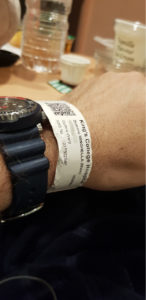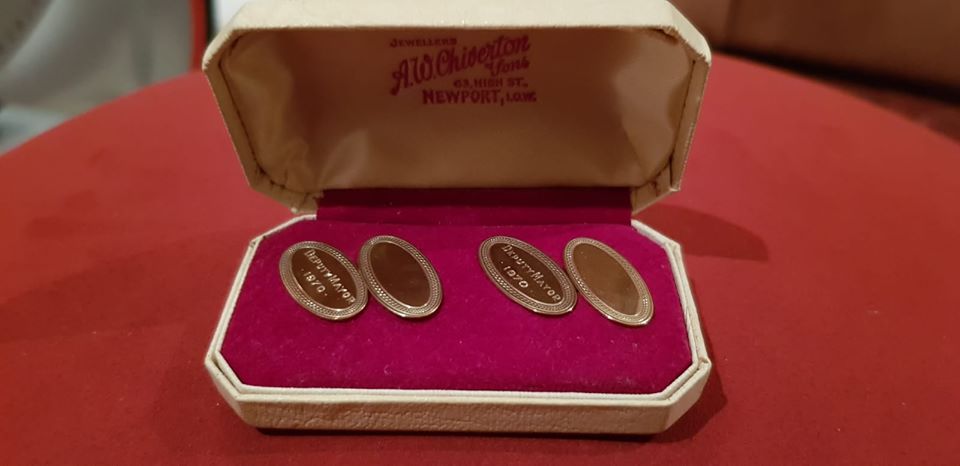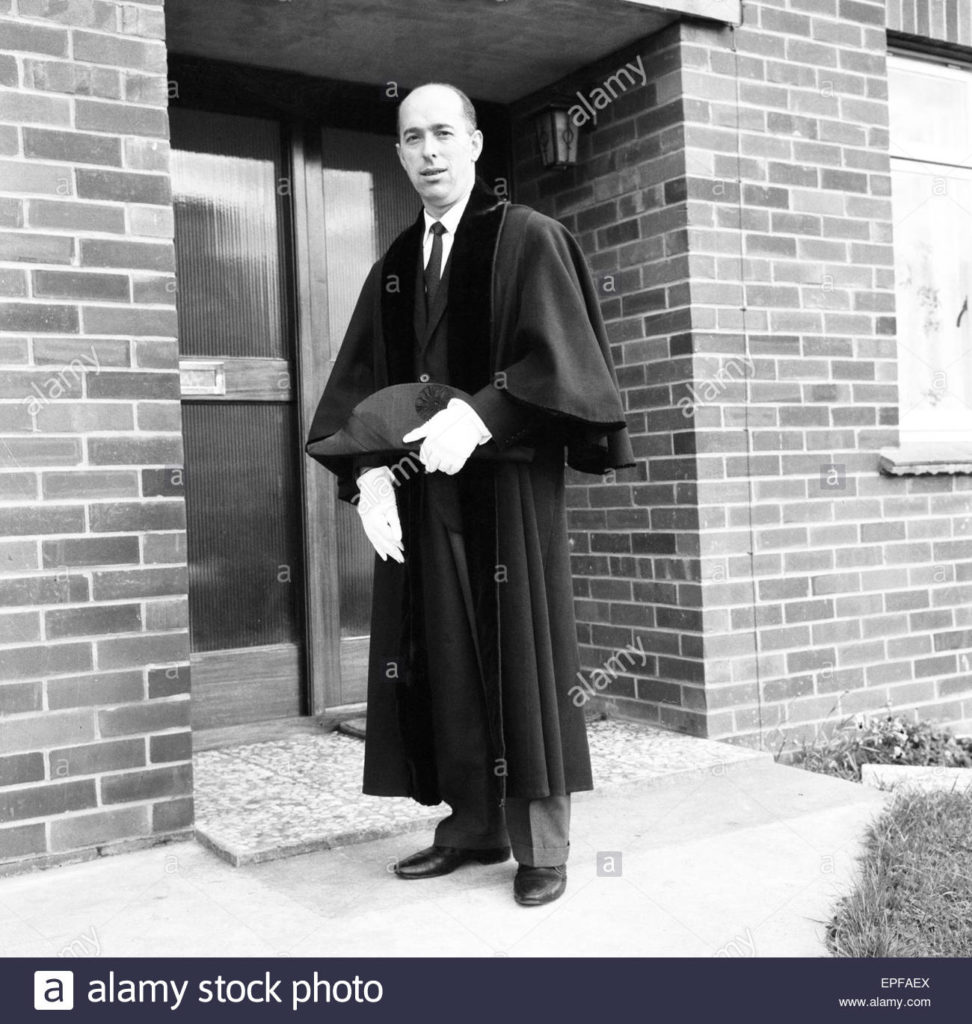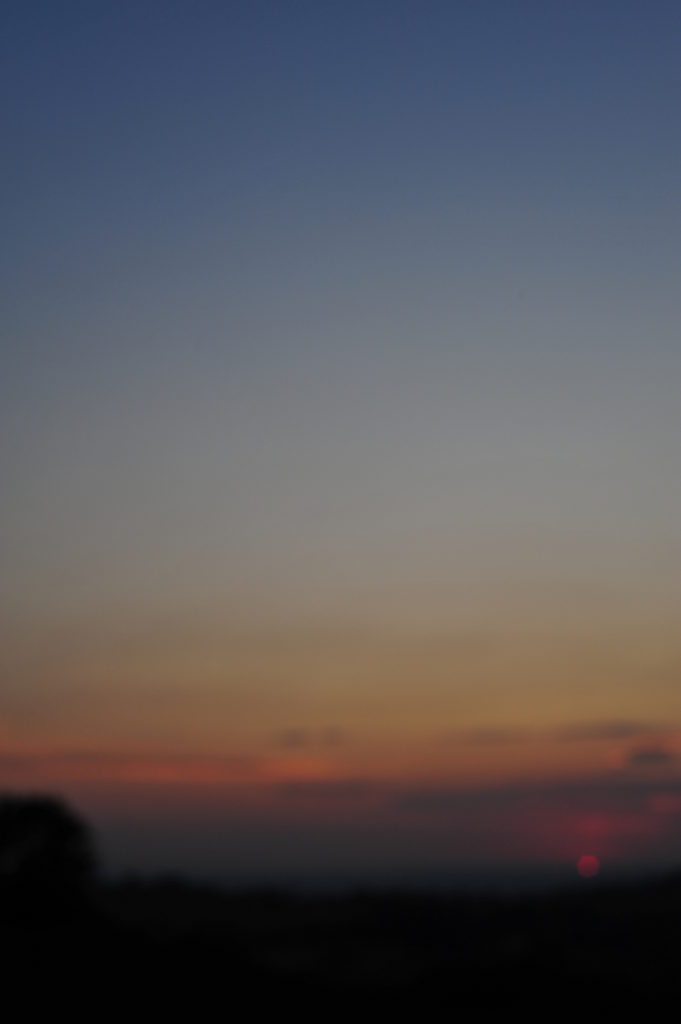… to the bright side of the road.

This article has also appeared in The Observer and The Daily Telegraph.
I
Week of 9th March, 2020
My symptoms were almost non-existent at first. One night, I had a bout of chills. I thought I must have turned the heating down lower than I intended. I went to bed with the shivers, and didn’t think too much about it.
Of course, given the circumstances, I checked my temperature regularly in the next 48 hours. I was on the lookout for anything above 100F/37.8C. But I had nothing that high. No cough either. Paracetamol and carry on.
Three days in, I dropped my daughter at a party and got both time and venue wrong. But I was still thinking I was just ‘below par’. I walked with a friend and her dogs in the park near the kids’ party venue. (A third parent, hearing about my “low grade fever”, elected not to join us – wisely, as it turned out.)
Five days in, still no real fever or cough. But I was beginning to feel seriously tired. My eyes were closing at the dinner table. We decided to pull the kids from school, but mostly because we were worried about catching the virus – not because we thought I already had it.
A week in and it became clear. My temperature started hitting 102F. I was gulping down the paracetamol at exactly six hour intervals. A horrible metallic taste in my mouth. Didn’t want to eat anyway. Drinking but only because I knew I had to. Very weak – could barely hold a cup. Still no cough.
I wasn’t moving, but when I did, I began to realise that I was breathless. Climbing the stairs had become too hard, so I wasn’t going down in the first place. No cough, but I have a feeling I was suppressing it – if I didn’t have the cough, my subconscious reasoned, I didn’t have Covid. I didn’t want Covid. Not least because on the very day my symptoms began, my GP had called and warned me that, without a spleen (another story) I might be at greater risk of “complications”. I didn’t like the sound of that.
So I think I moved little, so as to require little breath. Same went for talking. Less talking, less breathlessness. However a GP returned my partner’s call on Day 10, and reached me. She said, “Sorry, but you sound breathless,” and recommended visiting A&E. I hated that idea and limped on for another day. Then we tried the 111.com symptom-checker. It quickly said, “Call 999.” We discussed changing some answers in order to get a less alarming result, but it was now Day 12 and we clearly weren’t managing at home. We called 999.
The ambulance crew thought I was okay. They couldn’t hear anything in my chest. But even with oxygen support, my “sats” (oxygen saturation in blood) were low. The crew took me to nearby King’s. King’s now seems to be wholly given over to Covid. There was a long wait. My crew were told all the other “blue call” patients were like me. And the ambulances just seemed to keep coming.
Inside, passing a bizarre welcoming committee of perhaps fifteen people (what were they for?), I was taken to A&E “resus”, where they put in lines, administered antibiotics, x-rayed my chest, wired me up to monitors, took blood (including arterial blood – ouch) and left pretty much no part of me unpoked. Not fun, but all pretty standard I expect.
The swabs for Covid involved a deep back-of-the-throat cotton bud swipe; I gagged, but whatever. And a nasal swipe which made me cry out – the thing is thrust right up your nose and seemingly (as a doctor later put it) into your mind. Whatever. You know you’re up shit creek. A little discomfort is neither here nor there, but still, you wouldn’t want that again in a hurry.
I was to be taken to a way-station ward, pending Covid test result, before heading onto a Covid ward suitable for my situation at the time. They had ventilators, I was reassured. At least, I think it was intended as reassurance. Meanwhile, a wait.
The noise was spectacular, like being in an episode of ER with full surround sound, with relentless bleeping and digital alarms, some from my own monitors, and some from others. Announcements on the PA. Staff shouting. Patients shouting. Night wore on, and the discomfort was spectacular too. I was on a trolley, not a bed, and I could not find a way to stop my lower back screaming with pain (I’d been suffering with this back for days already.) Eventually, many hours later, a wonderful nurse sensed my distress and ordered a bed to be brought in, and rolled me onto it. Soft and electrically adjustable, reclining onto this bed was like landing in the Ritz.
The abiding memory was the flow of patients: I could hear everything, and every arrival involved a handover from the ambulance crew. “Here is Robert, a 57 year-old male, complaining of breathlessness… sats… tenth day of possible Covid symptoms… etc etc.” So many guys – all men — and so many with stories like mine.
I was able to watch the staff at work. For the most part, it was deeply impressive. The professionalism and the sheer effort. Every time someone approached my bed, they had to put on fresh gloves and gown, then throw them away and wash, and put on fresh ones to work in the central area. Then all over again if they needed to approach you. Which was of course every few minutes. Exhausting just to watch.
There were some moments. One female staffmember seemed to have forgotten her mask and was wearing her cardigan in the ward. Her colleagues called her out very quickly. A couple of times I noticed staff chatting round a PC, and one just couldn’t keep her mask on any more. She lifted it off to chat. Maybe the heat or the pressure on the skin; couldn’t blame her, but what a risk to take.
My way-station ward bed seemed to have been forgotten about. Others came and went. After perhaps 12 hours I was wheeled out. I thanked a young nurse from Lancashire – she’d provided most of my care with diligence and compassion – from the bottom of my heart, and I knew I would remember her name for the rest of my days. To my deep shame, I lost my grip on her name in the next few hours, and now it’s gone.
I was wheeled with a lot of crashing upstairs to the holding ward. I joked that my porter might have had a drink. He did not laugh. Remember we were all masked up. I had seen two faces, very briefly, in all the time I’d been there – the staff who had momentarily been without masks. You can’t make a joke like that behind masks. No one can see you smile, and you can’t read reactions.
Moving through the hospital, which I know usually to be teeming, was so strange. Nobody anywhere. Every door locked. Obviously there were people, behind doors, somewhere, quietly trying to live, quietly monitoring the just-about living. A weird absent-presence.
The way-station ward was a commandeered private ward. I had privacy and quiet. After the tumult of A&E, it was luxury. Out of the window was scaffolding and a building site, with no sign of life, and no sky. I felt horribly cut off. At least in A&E there had been people. Masked people, whose personalities I could not read. But people nonetheless. I knew which I preferred: people. But I also knew I needed rest. I tried to get some.
But there were constant arrivals. A nurse came in and said she needed to swab me. I said I’d done that. She said, “This is different,” and did nasal, throat, groin and (charming) anus – “Why?” I asked. “MRSA,” she said. There were more tests, injections, God knows. I lost track and stopped caring, focusing only on the delicious oxygen hissing fast up my nose.
Then there was a doctor and a junior. They looked at me, if I read their eyes correctly, with pity. They stood tensely before me. Their body language spoke of tragedy. They explained that my Covid test would come back soon and then I would be moved to a ward for confirmed patients. I reached for some sort of comfort or hope: “The funny thing is, I feel like I could eat for the first time; in some ways I’m better.” “Yes, but you can have good days,” replied the doctor. There was, it seemed, no reason for hope – not even feeling better. This was surreal. I knew they were telling me my prognosis was bad, but they couldn’t even dress it up. Before he went, the doctor asked if I was related to Anthony Minghella. “Yes,” I said. “Your dad?” “No, brother.” “Oh. And now you’ve become the title of his film.” And they left.
So I was the eponymous English Patient. I’m sure it was generously intended, but the English Patient is dying. The English Patient has no hope. The English Patient has “this much lung” left, and eventually has to ask Hana to give him several capsules of morphine to send him on his way.
II
As the door closes I realise what has just happened. I’m determined to fight, to try to live for my kids and my partner and my family; I’m brave and I’m going to be braver. But they’ve just told me, in body language, in silences, in corrected optimism, in unfortunate metaphor, that I may not live. Right here, right now, I may not live. Presumably they’ve reviewed my chest x-ray? Have they seen the lungs of a man who has no chance? If the lungs had seemed okay, why no mention?
There is only one reasonable conclusion: assume the worst. I have to write my farewells to my children. Really. Now. With whatever energy might still remain. I am exhausted, but I disconnect myself from the oxygen mains, and find my laptop. There isn’t much power. I start with my youngest, Rosa, 11, and begin the lamest of loving celebrations of this fine young lady. Her talents, her faultless observations, her kindness and her modesty, the way she reminds me in some of her far-away looks of my much-adored Mum. I apologise for not being there to see the next steps in her journey. Every cheesy line tears at my heart and I am so so tired and so despondent. I know I won’t have the strength to manage letters to all four of the kids, let alone my amazing partner, Sarah, and my large and wonderful family. At best I will manage something for the two younger kids. It seems so pathetic. Is this the best I can do? Is this all that’s left in me, two short valedictions?
My phone is still working and I make reassuring calls. Everyone is kind! I’m feeling okay on the oxygen! I’m feeling better! I could even eat something! My temperature was low just now! What good is the truth, when your loved ones cannot visit you? You cannot dump despair down the line.
It wouldn’t be fair.
None of it is fair. To die without family close by. A hand to hold. Without comfort even from a nurse, from a person who can smile at you without a mask. The isolation seems so cruel. In the history of mankind, has death ever been so lonely and bleak? At least in times of plague, the dying could presumably see a whole face.
I have asked my niece, a lawyer, to investigate emergency marriage. Our assets are already jointly held, but why not make it as financially smooth as possible for Sarah? I should have done this long ago, but I wasn’t calculating on an untimely demise. The investigation is not very promising: it is possible to be married in hospital, but only if recovery is not expected, and in any case it is not clear whether practitioners can marry infectious patients; weddings generally are currently suspended; and of course Covid patients are denied visitors of any kind. Doesn’t seem likely to happen. Dammit.
A friend, Karen, gamely brings a bag from home and deposits it at reception. Chargers and cables. Lifelines. My electric toothbrush. Somehow a clean mouth seems critical. My “mouthguard” for apnea, which, if I could rest, would allow me to sleep more deeply. A hastily-drawn but nevertheless precious pencil drawing of me by my youngest, Rosa. And her fluffy lump of a toy, Pusheen, which she knows I love.
I put Pusheen on my table. Every time to the door opens I tense, ready to be moved to the ward of the weak, the open-plan coughers, the tragic losers. I have ear plugs from home. I don’t want to hear the coughing. I don’t want to overhear the nurses’ conversations. I’ll need to block out pity and demise. They won’t help me cling to life.
I am not moved. Two nurses come and swab me again. Gagging into the throat, then right up the nose and, again, into the mind. There’s no explanation, but I can only assume that it’s another Covid test, and the first one came back, as the doctor had warned it might, negative. I guess I will have another night in this room while the second test goes through the system. I start to think: I’m breathing here on this oxygen. I’m getting no worse here. Maybe I should try to stay here. Maybe limbo trumps purgatory. Apart from anything else, what if there’s no signal in this new ward? It’s already not great on the edge of the first floor. The phone feels like it’s all I have.
When the doctor comes in next day (although I’m losing track of the days now) he confirms the first test didn’t work. He repeats that when the new test confirms Covid, I’ll be moved, and we probably won’t see each other again. I point to Rosa’s Pusheen and say I have to come through this, because I have four children, two still young. I’m hoping the doctor will say don’t worry. He doesn’t. He wishes me a good day, turns stiffly and leaves, his entourage washing hands and exiting. The last of the juniors is washing his hands when I say again, “My daughter’s only eleven.” He turns to me and confides, “I wouldn’t worry if I were you.”
Thank God! Finally someone is going to tip me the wink – you’re going to be all right. Finally a crumb of comfort. “The worldwide data shows that hardly any patient under ten has died. If your daughter is eleven, she is not going to die.” I explain that it’s not my daughter dying I’m worried about; it’s her losing her father. “Oh I see,” he says, and leaves.
As the day wanes, I wait for the door to crash open and a team to take me to the Covid ward. I’m starting to dread it. I am still alive here. Don’t take me to the place where they die. The door crashes open and an excited lady shouts, “Dominic, come on!” She has a wheelchair. She’s taking me to have a CT scan. I don’t know what this is about, and nor, it transpires, does she. She’s just doing a favour. I don’t think she even works in this hospital; she has no idea where to go, but she heard I had scan slot and would miss it if nobody could take me. She’s volunteered. Off we go, a canister of oxygen tucked under my seat. It is amazing to see the hospital. Again, dead. But with that sense of life being clung to, somewhere just offscreen. Beating, hoping hearts. As invisible as the virus.
My volunteer eventually finds the CT scan office and quickly wheels me in. About fifteen people look up to see us coming and scream in unison, “Not in here!” I’m infectious and she is wheeling me directly into their office.
The scan is quick and I’m back in my room. I have no idea what’s going on. I’m waiting to be moved. Nobody comes. The nurses do my observations and drugs. I figure I should try to sleep while I have the peace of a room, and not dwell on what is to come. Easier said than done. But I do get some sleep. It might be the first sleep in several days. The dreams are spectacular and terrible.
In the morning, I’m still here. In all senses. A nurse enters and we discuss the flow of oxygen, which has been pleasingly fast. “Actually, you’re down to 3,” he says. I don’t know when that happened. Which I suppose is a good thing. A nadge less oxygen, and I didn’t notice. That is Good, right? More than Good.
“We’ll just titrate that down to 1 now” he says. I’m exhilarated. But 1 is the same as nothing. There is hardly any of the good stuff coming out now. I want to breathe unaided, but this is too far, too fast. He is unconcerned, and goes. I bring the call button close.
The doctor and his juniors appear again. I learn the second test also didn’t work, and the CT scan I suppose was a way to confirm diagnosis with a detailed look at the lungs. Apparently my lungs show all the signs associated with Covid, with an extra layer of “scrunched-upness” – “It’s as if you’ve been suppressing the cough.” “I think I have,” I confess, “on the basis that if I don’t cough, I don’t have Covid; and if I don’t have Covid, I can’t die.” Behind their masks, I’m pretty sure they think I’m nuts. Who can blame them?
“Anyway I’m feeling great,” I say. It’s kind of true. “I’ve had a full day without temperature spikes. I’m eating. Even the so-called risotto!” (I have posted jokingly on Facebook about the King’s kitchen’s idea of “risotto” being an offence to all Italy. In fact it’s pretty good, but I preferred the joke to the truth, which is itself a Good Sign, right?) “I’ve been having a bit of a sing,” I say. That’s a bit of a lie, but I want to communicate something – along the lines of I’m breathing, and this oxygen thing, now it’s on 1, is pretty much pointless – essentially I’m breathing unaided here, so maybe instead of waiting for yet more Covid results, can’t I go home?
He says it for me: “You’re singing? Really? How about we think about sending you home?”
“Sure,” I say, stunned. “That could work.” I try not to say any more; say more and I might say the wrong thing. Suppress the chat, mate. Scrunch up the lung. Home? No purgatory ward? No steady decline of the lungs, no progression from trickle oxygen to full-mask to ventilator? I’ll take that.
Several hours later, I’m released without fanfare. I want to thank the staff. I want to hug them. I want to bid them an emotional farewell. But they barely look up from their stations. I’m going. They most definitely are here for the long term. For the surge we all know is coming. There is no goodbye.
A nurse takes the time to walk me down to the main entrance. She wears no mask, and neither do I. I can see her face. I can’t quite believe it. I tell her. She probably thinks it’s a come-on. As we approach the entrance, all around there are faces. Not just eyes, and impossible-to-read expressions. Beautiful, beautiful, whole faces.
I want to hold and kiss every one of them. That was one of the very hardest things, I realise: not being able to see a face. The desperate and absolute lack of human camaraderie and comfort. The medics’ fears and yours, locked behind masks. The extraordinary isolation. In just days without a face to connect with, you lose your mind. I know because in just days I lost mine.
When my partner hugs me in the car, I cannot look at her. We drive past people queuing for a shop, standing too close to one another. I want to wind down the window and shout, “Get the fuck away from each other!” But I can’t – I don’t have the lung-power. When we arrive in our street, there is blossom. Magnolia. So beautiful. As we pull up outside our house, I realise I thought I might never see it again. Our house! We pile in, all four of us, and split the way all families do on returning home. I curl up on the sofa and I start to shudder and sob. It’s probably not the homecoming my loved ones were imagining. There is no dancing. Not even a smile. My lungs are on fire and – worse – my mind, it appears, is shot.
But I’m back. Dear God in heaven, I am back.
III
Thank you to Sarah for nursing me while I was at home, and holding the fort while I wasn’t. Partners suffer without being the focus of everyone’s concern. Thank you to my ambulance crew – two utterly gorgeous people. Thank you to the staff at King’s, for the extraordinary efforts to which they went for me, and for the same efforts they are going to now for others. It is truly heroic. If I did not get the reassurances I wanted, of course I understand that there were other calls – as it turned out, probably far more pressing – on your time. Special mention to my Lancastrian A&E nurse whose name I disgracefully forgot. Thank you to my kids, Dante, Louisa, Giorgio and Rosa. You are thoroughly, deeply and eternally loved and may you never have to receive a half-baked, beyond-the-grave letter from your Dad! Thank you to my immediate family who organised top-flight prayers and masses and Lord knows what to be said for me; every imaginable intercession was requested and, whether you have faith or not, you can’t argue with the outcome. Thanks especially to my sister, “Nurse” Edana, who remains calm, it has now been proven, through the roughest medical storms. Thanks to the wonderful friends who contacted me, sent love and crazy videos, photographs, playlists – anything and everything they could think of to amuse, distract and sustain me. I couldn’t really reply, but boy, did I feel the love. I will cherish that support for the rest of my precious days.
Friends, please: be safe.
x
You might also like: my article railing against the cavalier ineptitude in those eleven days of March, in which our government abandoned us to the virus.
PS My daughter Louisa recorded this for me when I was taken into hospital. Not quite sure how she managed to do it when she must have been frightened out of her wits. It’s one of our favourites, Nanci Griffith’s Trouble in the Fields. I played it a lot in these difficult days; as much as it tore out my heart, it was also a balm for the heart. If this rain can fall, these wounds can heal.



